Life of the Early Church
It is easy to have too idealistic a view of life of the early Church - as if difficulties and scandals are unique to our generation. But that view is the product either of ignorance or of wishful thinking. The history of the Church is a history of one crisis after another.
From the time of Christ's Ascension into heaven until the day of His Second Coming, the Church is at war, spiritual war, in which sin is the enemy and holiness the ally, and both are equally real.
We don't have to look far to see this truth exemplified. We can even see it in the very first generation of Christians, while the Apostles were still alive and hard at work. Most of St. Paul's letters, in fact, were exercises in crisis management, written in response to crises of faith, morals, or church discipline.
The reading from First Corinthians is a good example. Paul had founded the community there during his second missionary journey. He spent months gathering and instructing believers, and then appointed local leaders - the first priests and bishops - to continue his work, while he moved on to other foundations. But now he has received news that the community is becoming divided. Strife has broken out among different groups of believers, breaking up the family of Christians.
And so, St. Paul reminds them that all Christians are called to be united in Christ, the one Lord, and to build up their unity, never giving into rivalries, jealousies, or backbiting. He writes that they must "be united in the same mind and the same purpose."
That applies equally well to us. Today, one of the common sources of divisions among Catholics is politics. In St. Paul's time, Christians didn't live in democracies, so there was less room for political squabbling. But in our times, democracy is spreading, creating the potential for rivalries among believers.
Every political issue is composed of two basic parts: a fundamental principle and an application of that principle. Catholics should agree on the fundamental principles because the Church is constantly reminding us about which principles are in harmony with human nature and with the moral truths that God has revealed to us.
But when applying fundamental principles to specific situations, the Church has no special, revealed knowledge. God is not a dictator - He gives us an active role in organizing our lives and building up society. We have minds, and God wants us to use them.
So, when a political position has to do with prudential judgments about how to apply a fundamental principle in a concrete situation, there is room for intelligent and healthy disagreement even among Catholics. For example, every person has the right to a decent education to develop their human potential - that's a basic principle of justice. But when a government is deciding how to help make that happen, through financing public schools directly or through supplying vouchers that parents can use to choose schools, for instance, there is room for genuine disagreement.
We must keep this in mind in order to take care of our Church. It is the Church that brings Christ and His grace into the world. We must never let political differences divide Christians from Christians. Rather, we must be, as St. Paul said, "of one mind and purpose" as regards fundamental principles, and respectful and open-minded as regards applying those principles.
Today Jesus will come among us again and feed our souls with His own strength and wisdom in Holy Communion. We can let that be the beginning of a new chapter in our lives and the life of our Church, a chapter without useless criticism and destructive divisions.
Deacon Ed herrera
